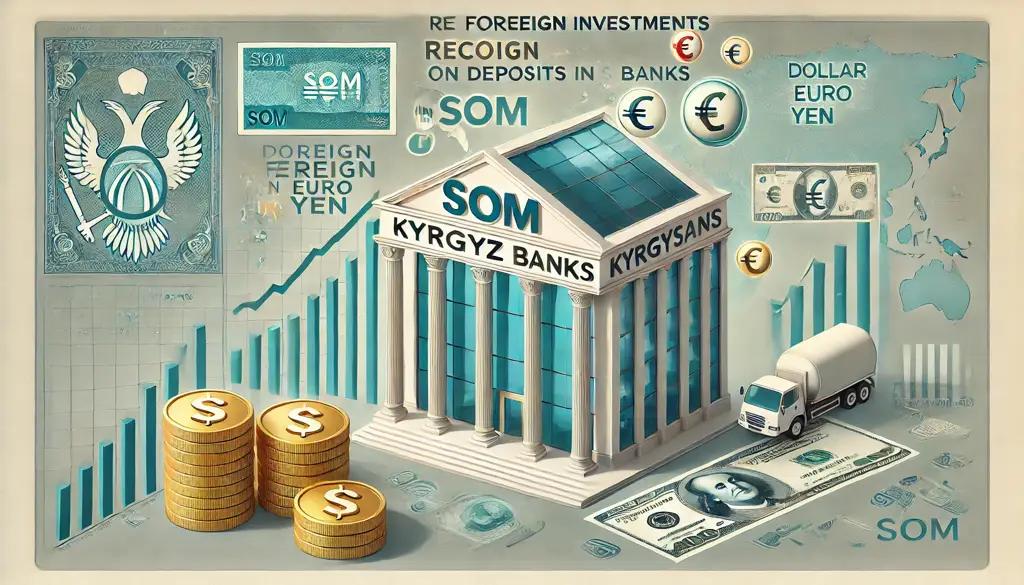
Published
09/26/2024, 22:33The National Bank of Kyrgyzstan submitted for public discussion amendments to some regulatory legal acts related to credit risk management in commercial banks, microfinance organizations and Islamic banks. These changes are aimed at strengthening the protection of clients using remote channels for obtaining credits and reducing fraud risks.
One of the key innovations is the “cooling-off period” - a time interval after signing a loan agreement, during which the bank or microfinance organization does not transfer money to the borrower. This gives the borrower the right to cancel the credit during this period.
“COOLING-OFF TIME” VARIES DEPENDING ON THE CREDIT AMOUNT:
• up to 50,000 KGS - 3 hours;
• from 50,000 to 100,000 KGS - 6 hours;
• over 100,000 KGS - 24 hours.
FOR MICROFINANCE ORGANIZATIONS THE LIMITS ARE SOMEWHAT LOWER:
• loans up to 15,000 KGS - 3 hours;
• over 15,000 KGS - 24 hours.
THERE IS ALSO A RESTRICTION ON THE MAXIMUM LOAN AMOUNTS THAT CAN BE ISSUED THROUGH REMOTE SERVICE CHANNELS:
• up to 200,000 KGS for agreements signed with a simple electronic signature;
• up to 300,000 KGS for agreements with an enhanced electronic signature.
To improve the reliability of transactions during the “cooling-off period”, financial institutions must make a follow-up call to the borrower to confirm his or her consent to arrange the loan. A record of this call must be kept in the borrower's electronic file. The credit cannot be disbursed if the follow-up call is not made.
These measures are consistent with the Financial Inclusion Strategy for 2022-2026 and aimed at improving the transparency of credit transactions, especially for customers living in remote regions of the country, and protecting against possible fraudulent activities.
The changes also apply to lending under Islamic principles, where a “cooling-off period” has been introduced similarly and limits on remote transactions have been set.
These innovations should increase public confidence in the banking system and strengthen customer protection in the context of digital financial services' use growth.



